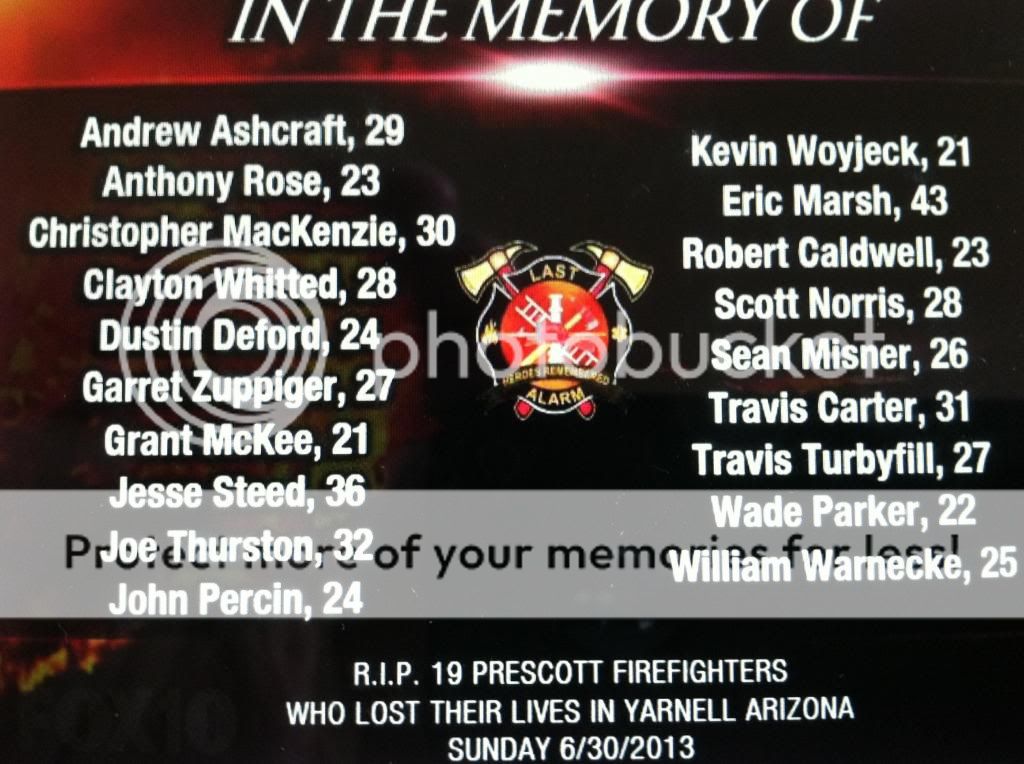I don't think they did anything wrong. I don't know all the facts. They had a lookout, like you are supposed to have, and he told them to get out, but the fire blew up too fast.
Perhaps the emphasis should be on getting landowners, govt. and private, to thin out and do some prevention work so fires won't get so big. Thinning and controlled burning work. The former takes labor and money, the latter causes residents to complain about the smoke. Controlled burns sometimes become uncontrolled.
What do you do when people live in places that are prone to burning? Maybe we should just not put people in such places to defend the houses? What do you do? When I was going on fires, we were told that our agency does not protect houses. That was for the fire departments to do. Things have changed.
We ask these questions every fire season. Then the rains and snow come and everything is forgotten. This tragedy ought to make folks think about where they live and what they could do, but it won't. We'll lose more people in years to come. I'm guilty too. I have trees closer to the house than I should, but I want my privacy. Our area isn't very burny, but it can burn if conditions are just right. If I lived on the drier side of the mountains, I'd definitely be thinning and pruning. That's what it takes. Perhaps we need to think of it as saving lives instead of fire prevention?





